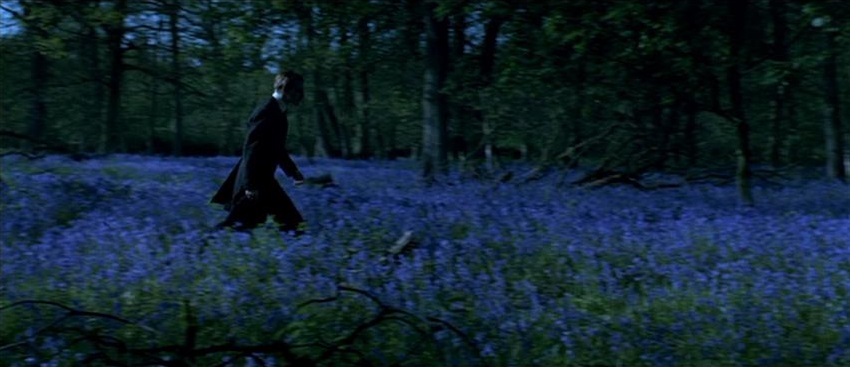| Academy Award Nominations and Winners: |
| Best Picture |
| Best Director: James Ivory |
| ★ | Best Actress: Emma Thompson |
| Best Supporting Actress: Vanessa Redgrave |
| ★ | Best Adapted Screenplay: Ruth Prawer Jhabvala |
| Best Cinematography: Tony Pierce-Roberts |
| ★ | Best Art Direction: Luciana Arrighi; Ian Whittaker |
| Best Costume Design: Jenny Beaven & John Bright |
| Best Original Score: Richard Robbins |
|
| Golden Globe Nominations and Winners: |
| Best Picture (Drama) |
| Best Director: James Ivory |
| ★ | Best Actress (Drama): Emma Thompson |
| Best Screenplay: Ruth Prawer Jhabvala |
|
| Other Awards: |
| Cannes Film Festival: 45th Anniversary Prize |
| New York Film Critics Circle: Best Actress (Thompson) |
| Los Angeles Film Critics Association: Best Actress (Thompson) |
| National Society of Film Critics: Best Actress (Thompson) |
| Chicago Film Critics Association: Best Actress (Thompson) |
| National Board of Review: Best Picture; Best Director; Best Actress (Thompson) |
| British Academy Awards (BAFTAs): Best Picture; Best Actress (Thompson) |

